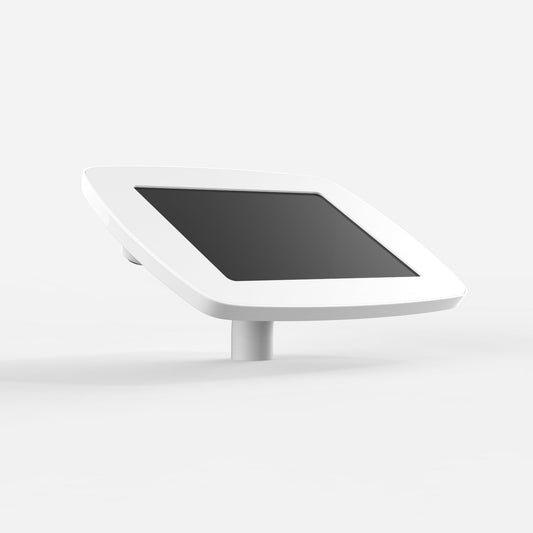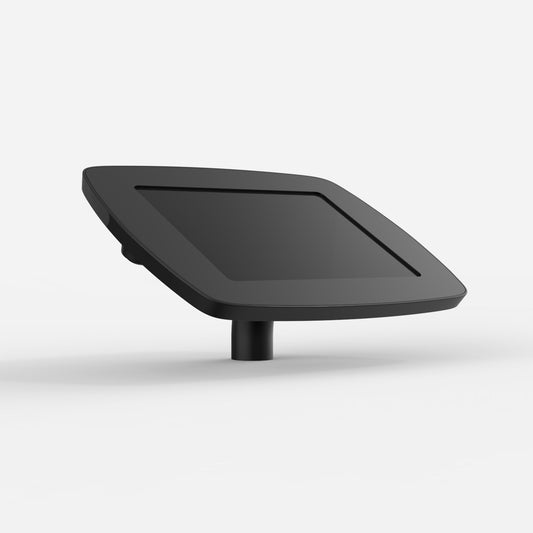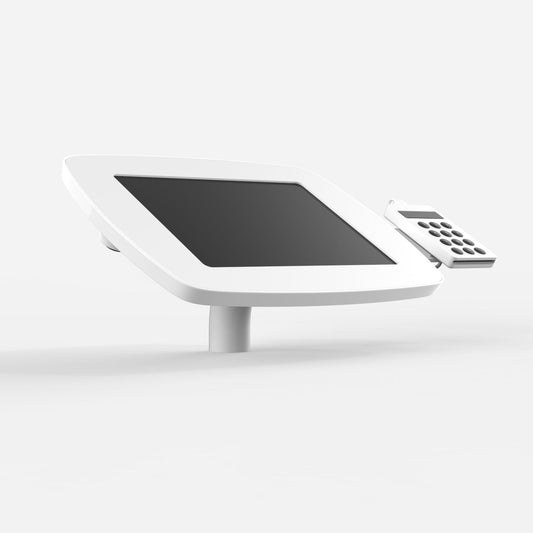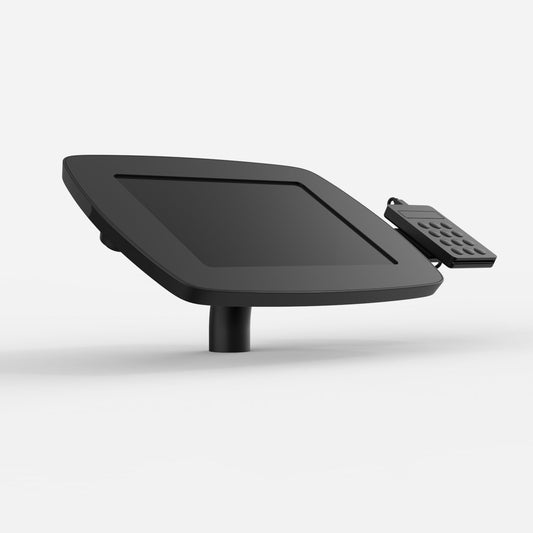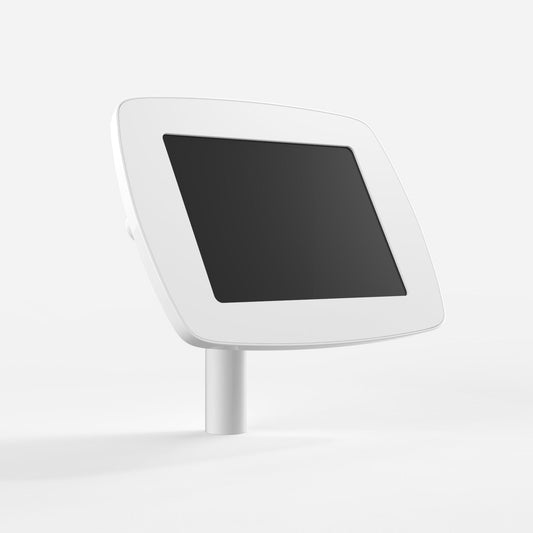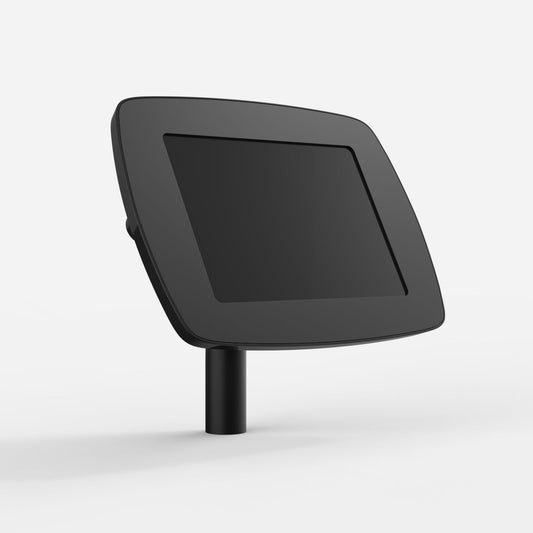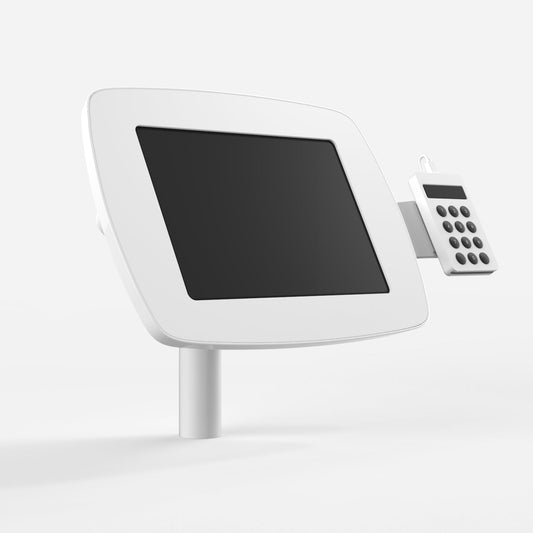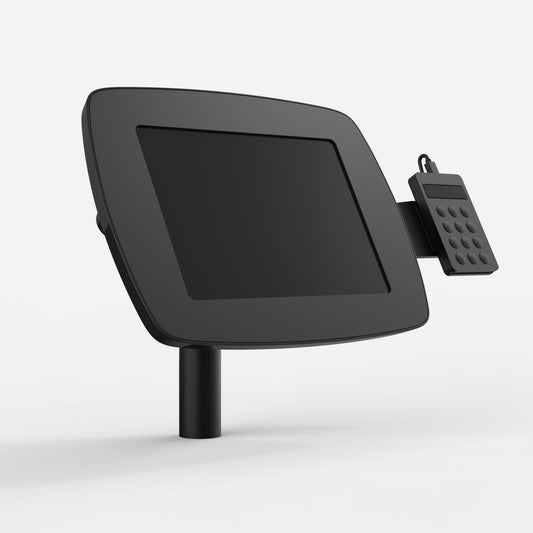Bringing iPads and tablets into the classroom is a real game-changer for students and teachers alike.
There's research to back this up. A study from the Journal of IT Education found that after just nine weeks, kindergarteners who used iPads in class had significantly better literacy skills than those who didn't.
But it's not just about academic results. Tablets are a great way for teachers to shake up their lessons, making them more interactive, fun, and tailored to each student. There are countless apps available to help kids learn at their own pace and explore subjects in new ways. Plus, think of all the trees you'll save by reducing the use of paper.
Of course, it's not all smooth sailing. Ensuring everyone has access to a device might be tricky, and teachers need to make sure tablets are actually helping, not distracting from, learning.
However, when used wisely, the benefits of iPads and tablets in the classroom are huge. Here are just a few ways they can make a real difference.
1. Liven Up Your Lessons
Tablets bring subjects to life in a way that textbooks just can't compete with.
Imagine a science lesson where students aren't just reading about dangerous chemical reactions, but actually getting to mix virtual chemicals on their tablets. They can see what happens when different elements combine, without the safety risks. It's safer, more engaging, and they can experiment to their heart's content and complex concepts become much more clear.
In history classes, instead of memorizing dates, students can use interactive timelines on their iPads, clicking on different events to watch short videos or listen to audio clips. Suddenly, history isn't just a list of facts – it's a story, full of life and excitement.
2. Personalize LearningEvery child is different. Some are fast learners, others need more time. Some are visual learners, others prefer words. With tablets, you can tailor lessons to each student's pace and style. For instance, if a student struggles with mathematics, there are apps that break things down into easy steps and use fun games to make it stick.
For the whiz kids who are always miles ahead, tablets can offer more challenging material, so they stay engaged and don't get bored. In this way, tablets help to make everyone feel included and challenged in their own way.
3. Help All Students Shine
iPads and tablets open up more learning opportunities for children with special needs.
For those with visual impairments, screen readers can translate everything on screen into speech or Braille. Thanks to amazing new AI technology, text-to-speech sounds more natural than ever, making learning a whole lot easier.
A study in Canada even found that iPads helped preschoolers with disabilities learn things like shapes, colors, and letters much faster. And for kids with autism, tablets have been shown to help them understand information and complete tasks more effectively.
In the classroom, tablets can help to ensure that every child, no matter their abilities, has the tools they need to thrive.
4. Track & Analyze Data
All teachers are guided by data nowadays. Tablets give them the tools they need to gather and track data like never before. Teachers can see how students are doing in real-time and offer more support to those that are struggling and advanced tasks to those making fast progress.
At the end of a school day or week, teachers can look at the data to see which topics are tripping students up and which teaching methods are hitting home – without having to do formal testing.
For instance, a teacher might discover that a lot of students are getting stuck on fractions, so they can plan to go back over that topic and spend more time on it in class. In this way, tablets allow for a more dynamic and adaptable way of teaching that’s based on solid data rather than gut feeling or intermittent testing.
5. Support Remote Learning
Remember the COVID pandemic? Learning didn't stop just because kids weren't in school. Internet connected devices like tablets were a lifeline for students, keeping them connected to their studies and classmates.
Now that things have returned to some kind of ‘normal’, tablets still offer a bridge between school and home. If a child is off sick or in hospital, they can still keep up with their lessons and even join in class discussions from their couch. These days, students can keep the learning going, no matter what life throws their way.
6. Assess Students More Efficiently
Tablets enable digital testing, rather than using printed sheets. Some topics, such as mathematics and science can be automatically marked and graded.
Even grading more subjective topics such as English or history is made more efficient, as teachers no longer need to juggle piles of paper.
The main benefit is how it speeds up the feedback loop. With instant grading, students get their results much faster, seeing where they made mistakes while the material is still fresh in their minds.
Being able to sit a test, get it graded, go back, review, and increase understanding – all in one sitting – helps to solidify learning and improve retention.
7. Improve Tech Literacy
Let's face it, we're surrounded by technology. Our kids need to know how to use it, not just to get by, but to really thrive.
Some experts believe that we’re leaving the “information age” behind and entering the “creator age” at the moment.
By using tablets in school, kids can learn to be creators, not just consumers. They can make presentations, edit videos, even try their hand at coding. These are skills they'll need when they enter the workplace and schools are perfectly placed to give them the tools that will help shape the future.
Improve Accessibility & Ergonomics with Tablet Stands
Adjustable tablet stands are a win-win. They make iPads and tablets comfortable for children of all ages and sizes, so you don't need separate sets for little ones and older students.
Instead of hunching over their desks, students can use iPad stands to get a better view, which is easier on their necks and backs. This is a big help for kids with physical disabilities too. Stands also help to keep desks tidy, giving everyone more space to work and play.
And there's more – tablet stands encourage classroom collaboration. Imagine a science lab where everyone can gather around an iPad on a stand, follow instructions for a project, do the experiment, and then record their findings together.
If you're thinking about using iPads and tablets at your school, check out our range of sturdy adjustable stands. Or get in touch and we'll help you find the perfect fit.


